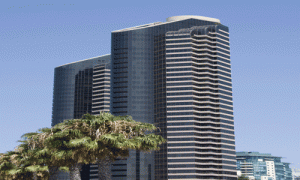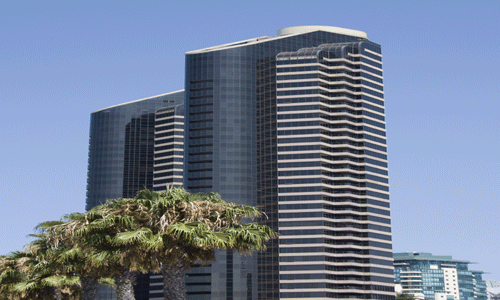 Track2Realty: India Ratings & Research (Ind-Ra) maintains a negative outlook on the infrastructure sector for H213, largely due to unfavourable macro-economic variables and project level stresses.
Track2Realty: India Ratings & Research (Ind-Ra) maintains a negative outlook on the infrastructure sector for H213, largely due to unfavourable macro-economic variables and project level stresses.
The slowing economy will have a negative impact on transportation assets, particularly those in early ramp-up stages. Road projects continue to be plagued by execution challenges.
A sizeable proportion of power projects continue to be affected by the country’s systemic fuel shortages, execution bottlenecks and weak off-taker quality. Constraints on sponsors’ ability to raise equity will pressurise weaker projects especially those with frail financial structures.
As of 15 July 2013, 21% of Ind-Ra’s portfolio carried a Negative Outlook (up from 8% as at December 2012). That said, some operating projects have weathered the storm, adequately addressed a number of previously identified risks and exhibited improving cash flow generating capacity, resulting in a few rating upgrades.
A combination of project-level failings and negative macro-economic conditions has contributed to the deterioration in credit profiles. Around 7% of the ratings were downgraded to ‘IND C’ or ‘IND D’ during the last six months to reflect defaults in payment of debt service or pending finalisation of loan restructuring packages.
Impediments to land acquisition and continued delays in obtaining statutory permits for captive coal blocks (CCB) allocated to 11% of the rated portfolio of power projects have delayed the commencement of mining operations. This has resulted in a regulatory threat of CCB revocation. Unless the contracted quantities of coal of specified quality are delivered to power projects having fuel supply agreements with Coal India, their ability to operate at break-even plant load factor levels, as a minimum, could be impaired.
Given the weak financial positions of several state-owned utilities, efforts being made by several merchant power plants to secure long-term off-take agreements are unlikely to completely succeed.
Lower-than-expected traffic growth continues to be the single largest rating constraint for toll road and greenfield port projects which have completed construction and are in the ramp-up phase. The lower gross domestic product growth is resulting in depressing vehicular growth even on high-density roads. Issues pertaining to land and right of way acquisition continue to magnify completion risks.
Ind-Ra believes government’s numerous policy measures are positive for the sector but their impact on credit quality will be felt only over the medium term. If translated into quick and effective actions, these measures will help remove impediments to timely completion, improve counterparty credit quality and facilitate induction of strong sponsors. They will also help arrest further impairment to projects’ credit profile and improve rating levels over the next 12-24 months.
The long-term credit fundamentals for infrastructure projects remain protected, underpinned by favourable demand trends due to India’s massive infrastructure deficit. However, the pain points, over the next six to 12 months, are unlikely to materially subside.
Ind-Ra has already factored in reasonable economic and project level stresses exhibited by lower rating levels (39% of the ratings are below ‘IND BBB-’). However, further worsening of economic variables beyond stress levels factored in Ind-Ra’s rating case scenarios, could lead to pressure on rating levels.
Conversely, an improvement in the economic growth rate, the overall investment climate and rapid follow-up action on the series of policy announcements could have a salutary effect on project credit quality.
Projects with strong fundamental economic rationale which were subject to stress on account of weak financial structuring could witness a bounce in rating levels upon satisfactory conclusion of debt restructuring packages.





